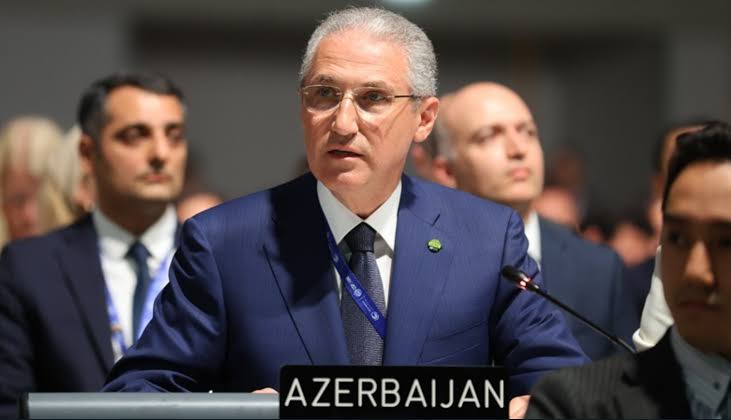SEO Riders:
– COP29 president warns top lenders are retreating from climate finance commitments.
– Developing nations need $1.3 trillion/year by 2035; current pledges only $300 billion.
– Only AfDB and IDB responded; pressure mounts on World Bank and IMF to re-engage.
The COP29 presidency, led by Mukhtar Babayev, has expressed deep concern that major international financial institutions—specifically the World Bank and IMF—are retreating from their climate finance commitments due to shifting geopolitical and economic pressures. This retreat follows reduced U.S. foreign aid and explicit discouragement from prioritizing climate finance, notably voiced by U.S. Treasury Secretary Scott Bessent, who emphasized investing in “dependable technologies” like gas over ambitious climate lending. Developing countries (excluding China) face an estimated annual need of $1.3 trillion by 2035 to transition to renewable energy and adapt to climate impacts—yet rich nations agreed at COP29 to contribute just $300 billion annually, a sum widely criticized as insufficient.
Azerbaijan and Brazil, COP30 hosts, launched an initiative to close the funding gap with contributions from multilateral development banks—but so far, only the African Development Bank and Inter-American Development Bank have offered engagement. COP29 negotiators report that at IMF and World Bank spring meetings, climate finance was largely sidelined—a concerning trend given that these institutions aim to provide $120 billion in public climate funding by 2030, plus mobilize private financing. Observers such as the E3G think-tank warn that any slackening in MDB support would undermine efforts in developing economies—and leave the climate finance landscape to regional banks.
